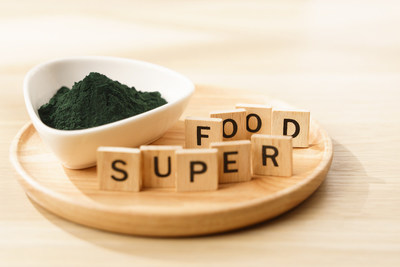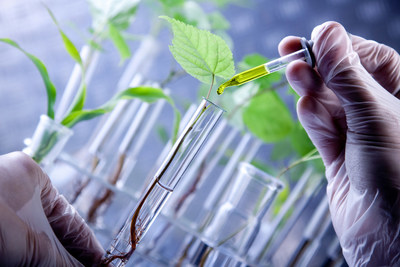Looking to live a long and healthy life? Eating plants may be the answer!
At Backyard Farming Supply, they believe that eating healthy starts at home. They figure hey, if you love your veggies and want to live long, don't worry! A new study by Harvard T.H. Chan School of Public Health has discovered that eating lots of fruits and vegetables may help increase the human lifespan! The study, published in the British Medical Journal, investigated over 130,000 Americans from 1992-1996 and tracked their dietary habits over the next 24 years. In the end, researchers found that people who consumed more than five servings of fruits and vegetables per day had an 11% lower risk of death during the follow-up period compared to those who consumed less than one serving per day.
The benefits of a plant-based diet are seemingly endless. Plants tend to be packed with fiber, which can help lower cholesterol levels and regulate bowel movements. They're also high in important nutrients like potassium, folate, magnesium, vitamin C, riboflavin, manganese, and dietary fiber—all of which contribute to our body's ability to function efficiently. In fact, eating a diet rich in fruits and vegetables is one of the easiest ways we can stay on top of our health.
According to The American Heart Association, men need at least 5 servings of fruits and vegetables daily, and women need at least 7. That's roughly 2 cups of fruits and veggies per day for men and 2.5 cups for women. These are just minimum recommendations—the more you can eat, of course, the better!
Start small. If you're not a vegetarian, start by reducing your meat intake to once per day. Then try adding more plants to each meal. Use tomato-based sauces, top your food with avocado or guacamole, or throw some spinach into your next stir-fry. Over time, you can incorporate more plant foods into your meals—and see how much healthier you feel in return!
While people often think of vegetables when they think of plants, there are plenty of other plant-based foods you can incorporate into your diet. Whole grains, fruits, vegetables, legumes (beans), nuts, and seeds are all plants. Plants have many different nutrients that your body needs to stay strong and healthy, including protein, vitamin C, calcium, and iron. Adding more of these foods to your diet can help you get all of these benefits as well as gain protection against cancer.
Tip #1: Practice moderation to avoid consuming an excess of added sugar, salt, fat, etc. Tip #2: Invest in a well-stocked pantry to make cooking plant-based meals at home easier. Tip #3: Experiment with different recipes until you find your favorite combinations. For example, give tofu a try if you're worried about missing meat or want to try something new when you cook plant-based meals at home.
If you're interested in learning more about how to start your own garden so that you can start eating healthier for cheaper at your own home, please contact Backyard Farming Supply. Their people have the knowledge and tools to help make your garden successful, sustainable and prolific! Contact them today!!




Leave a comment